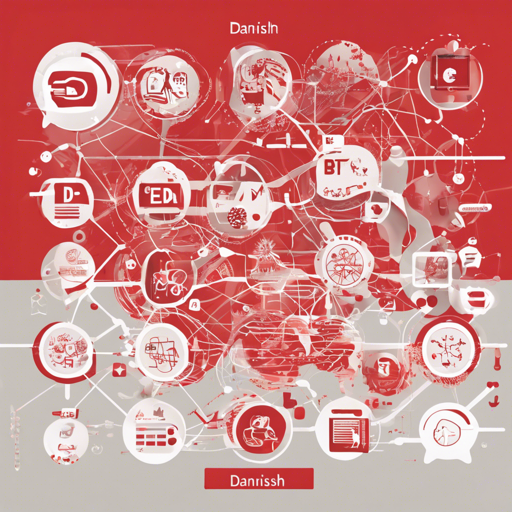Welcome to our detailed guide on implementing a powerful language model tailored specifically for Danish sentiment analysis! In this article, we will explore how to utilize the Danish BERT model fine-tuned with the senda package and analyze the emotional tone of Danish texts accurately.
Understanding the Basics
The Danish BERT model is designed to detect the polarity of Danish texts, classifying them as positive, neutral, or negative. It has been successfully trained and tested on a dataset of Tweets that were annotated by the Alexandra Institute. By using this model, you can evaluate how people express their feelings in Danish on various subjects.
Getting Started with the Code
Let’s dive into how to load the model using Transformers library in PyTorch. Below is a concise guide to set this up.
from transformers import AutoTokenizer, AutoModelForSequenceClassification, pipeline
# Load tokenizer and model
tokenizer = AutoTokenizer.from_pretrained('pinsenda')
model = AutoModelForSequenceClassification.from_pretrained('pinsenda')
# Create senda sentiment analysis pipeline
senda_pipeline = pipeline('sentiment-analysis', model=model, tokenizer=tokenizer)
# Example text
text = 'Sikke en dejlig dag det er i dag' # In English: what a lovely day
# Get sentiment
senda_pipeline(text)Code Analogy: A Recipe for Success
Imagine if creating a model was like cooking a delectable dish. The AutoTokenizer is akin to your trusty kitchen knife, slicing up your ingredients (text) into manageable pieces. Next comes the AutoModelForSequenceClassification, which acts as your Chef, expertly knowing how to mix flavors (features in data) to achieve the perfect taste (sentiment outcome). Finally, the pipeline is your serving dish, displaying your creation with pride. Together, they guide you, step by step, to savor the results of your hard work!
Performance Overview
The senda model boasts significant achievements, with an accuracy of 0.77 and a macro-averaged F1-score of 0.73 based on a small dataset provided by the Alexandra Institute. While these metrics are commendable, there’s always room for improvement. We encourage all NLP enthusiasts to further refine this model using the senda package.
Troubleshooting Ideas
Encountering issues while utilizing the model? Here are some helpful pointers:
- Ensure that all dependencies such as PyTorch and Transformers libraries are properly installed.
- Check the model and tokenizer paths; improper paths can lead to loading errors.
- If the output isn’t what you expect, consider reviewing and adapting your text inputs for better clarity.
For more insights, updates, or to collaborate on AI development projects, stay connected with fxis.ai.
Conclusion
At fxis.ai, we believe that such advancements are crucial for the future of AI, as they enable more comprehensive and effective solutions. Our team is continually exploring new methodologies to push the envelope in artificial intelligence, ensuring that our clients benefit from the latest technological innovations.

